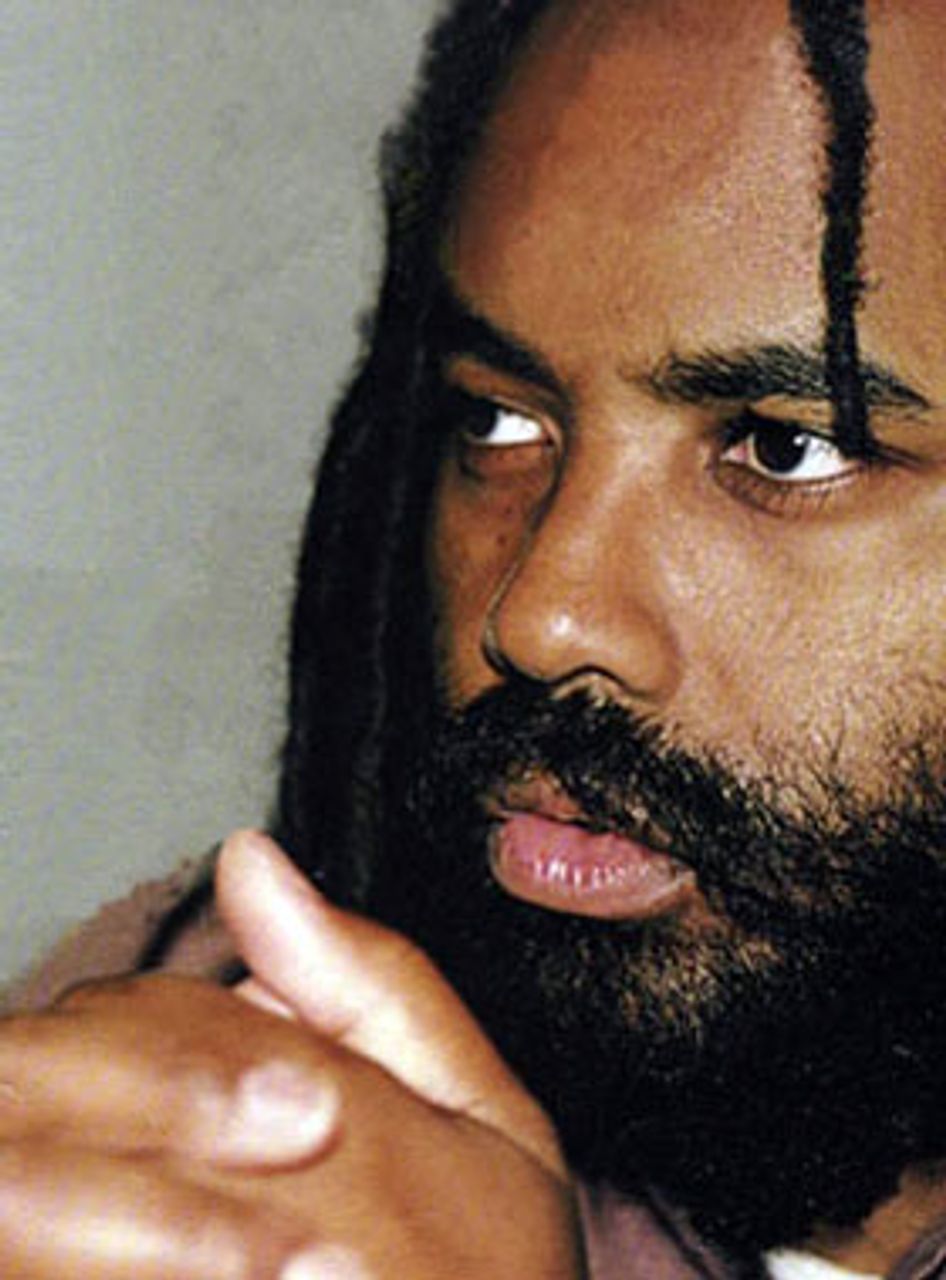 Mumia Abu-Jamal
Mumia Abu-JamalThe Third US Circuit Court of Appeals ruled unanimously April 26 that prosecutors must conduct a new sentencing hearing for death row inmate Mumia Abu-Jamal, whose decades-long fight against a 1982 murder conviction in a politically motivated frame-up has won international attention. The court upheld its 2008 ruling that sentencing instructions given the jury at the original trial were confusing and instructed prosecutors to hold a new hearing within six months or agree to a life sentence.
In 2010, the US Supreme Court, in rejecting a similar claim in an Ohio death penalty case, ordered the appeals court to revisit its 2008 decision regarding the Abu-Jamal sentencing in light of the Ohio case. This week, the lower court affirmed its earlier finding for Abu-Jamal, noting differences in the two cases.
The ruling affirms the original 2001 finding by a federal district court judge that sentencing instructions given the jury by Judge Albert Sabo violated Abu-Jamal’s constitutional rights.
Attorneys for Abu-Jamal argued that the form given jurors considering the death penalty wrongly implied that they could only consider mitigating circumstances if there was unanimous agreement. In capital cases, jurors must first check a box declaring they unanimously agree to a guilty verdict. They then must check a box stating whether they find any mitigating circumstances they will consider in weighing the death penalty. They need not unanimously agree on what those mitigating circumstances are, only that they exist.
Under Pennsylvania law, Abu-Jamal should have been given a life sentence if only one juror found that there were mitigating circumstances. The state of Pennsylvania subsequently revised the jury form, eliminating the confusing language.
Despite the court ruling, authorities remain determined to railroad Abu-Jamal to execution, vowing to appeal the order for a new hearing. Abu-Jamal has been confined to a tiny death row cell in a maximum-security prison for nearly three decades.
Reacting to the decision in favor of a new sentencing hearing, Abu-Jamal’s attorney Judith Ritter, a professor at Widener Law school, said, “Pennsylvania long ago abandoned the confusing and misleading instructions and verdict that were relied on in Mr. Abu-Jamal’s trial in order to prevent unfair and unjust death sentences. Mr. Abu-Jamal is entitled to no less constitutional protection.”
She called the Third Circuit Court decision “very significant,” indicating that she felt that the ruling would stand.
In 2008, the US Supreme Court upheld an appeals court ruling denying Abu-Jamal a new trial. In that same decision, a three-judge panel of the Third Circuit Court of Appeals threw out the sentencing phase of Abu-Jamal’s original trial.
Abu-Jamal, a journalist and political activist, was convicted of killing Philadelphia policeman Daniel Faulkner after the officer detained Abu-Jamal’s brother at a traffic stop. Abu-Jamal was working as a taxi driver at the time. Seeing his brother being beaten, Mumia rushed to his defense. Gunshots were fired, hitting both Faulkner and Abu-Jamal. Faulkner later died from his wounds.
Abu-Jamal’s trial was a travesty of justice, tainted by coerced witnesses, prosecutorial misconduct and racism. The judge in the case was openly hostile to the defense. In recent years, police witnesses have recanted their testimony, saying their lives had been threatened if they did not testify against Abu-Jamal. One man, Arnold Beverly, swore in an affidavit that he himself had killed Faulkner as part of a hit organized by corrupt police officers. Despite the fact the evidence supported his confession, the Philadelphia District Attorney refused to investigate.
The prosecution withheld exculpatory evidence, including the results of Faulkner’s autopsy, which found that the bullet removed from his brain was a .44 caliber. Abu-Jamal’s gun was a .38 and could not have fired the larger caliber bullet.
Philadelphia police had targeted Abu-Jamal, a former Black Panther and radio talk show host, because of his outspoken opposition to police brutality and racism. Since his incarceration, Abu Jamal has continued to work against capital punishment and the mistreatment of prisoners. He has published a number of books and writes a weekly column.
Abu-Jamal has received international support for his call for a new trial, including the European Parliament, the Japanese Diet and 22 members of the British Parliament. Well-known artists and intellectuals in the US and internationally have signed statements supporting his defense.
In 2000, after an exhaustive investigation, Amnesty International called for a new trial for Abu-Jamal, declaring that his original trial was “irredeemably tainted by politics and race” and “failed to meet international fair trial standards.”
Suzanne Ross, of the International Concerned Family and Friends of Mumia Abu-Jamal, issued a statement concerning the Third Circuit Court ruling, saying its own goal remains securing Mumia’s freedom. She added, “Life in prison without parole is never something we wanted. But the looming threat of execution is not something we took lightly.”
